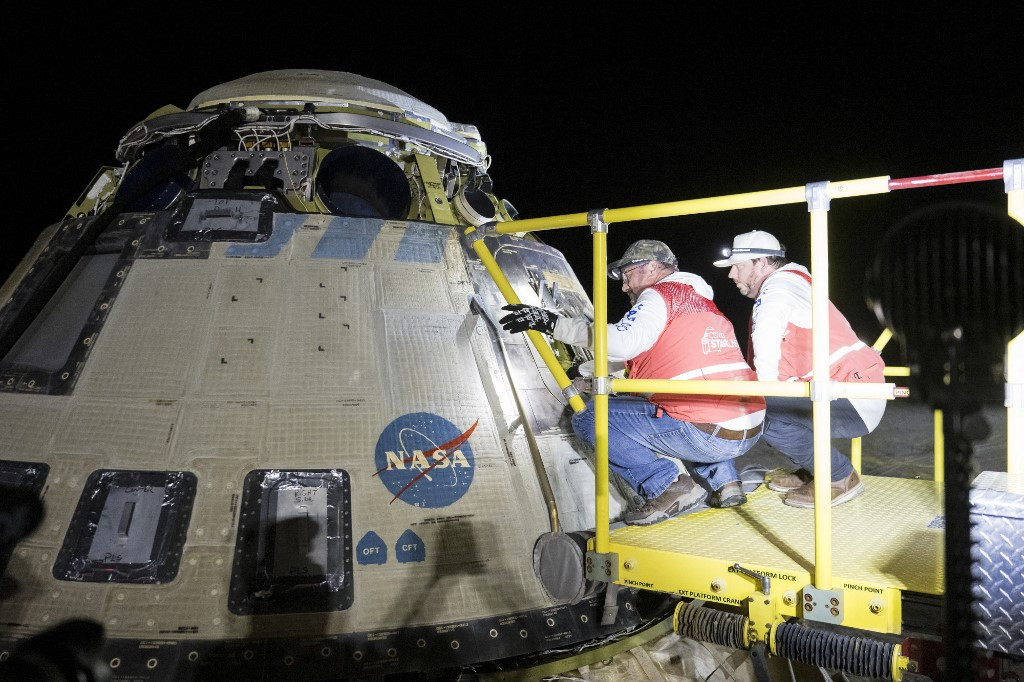By Satyendra .s verma– December 30, 2024, at 7:07 AM
News Source: Nsenews.in, CNN, economic times
Key Points:
- Tory Bruno, CEO of Boeing-Lockheed Martin’s joint venture United Launch Alliance (ULA), expects to receive national security certification for his Vulcan space rocket in the coming months.
- This certification is essential for launching military satellites for the U.S. government.
- ULA plans to launch 20 to 30 rockets per year, aiming to surpass its own record set in 2009.
The Need for Support: What ULA Requires
Boeing’s ULA joint venture benefits from a substantial contract but also needs assistance from the U.S. government to meet its ambitions. According to various metrics, 2023 marked the worst year ever for United Launch Alliance.
Formed in 2006 from the merger of Boeing’s and Lockheed Martin’s competing rocket businesses, ULA quickly moved to dominate the space launch industry in the United States, achieving a record 16 launches in 2009. However, a year later, SpaceX entered the picture with its transformative Falcon 9 rocket.
By 2015, Falcon 9 was competing with ULA for lucrative U.S. national security missions. With the Falcon 9 becoming reusable and lowering launch costs, SpaceX rapidly stole ULA’s crown as America’s premier rocket launcher. Additionally, as ULA began phasing out its Atlas V and Delta IV rockets for a new replacement called “Vulcan,” its launch frequency was set to decrease further.
Fast forward to 2023, and Boeing’s joint venture with Lockheed managed only three launches throughout the year.

2024: A Promising Year for ULA
However, it’s challenging to keep a good rocket company down. By 2024, ULA was already laying the groundwork for its comeback. After several years of delays caused by issues at Blue Origin with engine preparations, its own development challenges, and the COVID-19 pandemic, ULA’s Vulcan Centaur rocket finally made its inaugural launch in January 2024.
Boeing’s Vulcan Rockets: Key to Success
The key to ULA’s resurgence could lie in Boeing’s Vulcan rockets, which Amazon is set to utilize for several space launches next year. The company is also anticipating approval to conduct national security missions for the U.S. government.
A brighter 2025 would mark a necessary turnaround for Boeing. However, some observers have expressed concerns that Vulcan’s national security approval could be at risk after a rocket booster fell off during an October launch. This situation was compounded by Boeing’s ongoing troubles from a door plug blowout earlier in January.
Facing Challenges
Additionally, Boeing’s failed CST-100 Starliner mission was a significant embarrassment; the crew on board had to rely on rides from rival rocket company SpaceX to return home. In September, Boeing’s defense and space head Ted Colbert left the company, following former CEO David Calhoun out the door.
Investor Insights
- Chris Haden, a leading investor, remarks, “Boeing’s advancements in rocket technology can bring a fresh perspective to the industry.”
- Laura Greenfield, another investor, states, “The government’s cooperation will be critical for the successes of Vulcan.”
Conclusion
2025 could be a pivotal year for Boeing’s space business if all the pieces come together. The success of the Vulcan rocket and the vital support from the U.S. government will play crucial roles in determining ULA’s future.
This article focuses on Boeing’s space business strategies and prospects, which could be crucial in the upcoming years.









